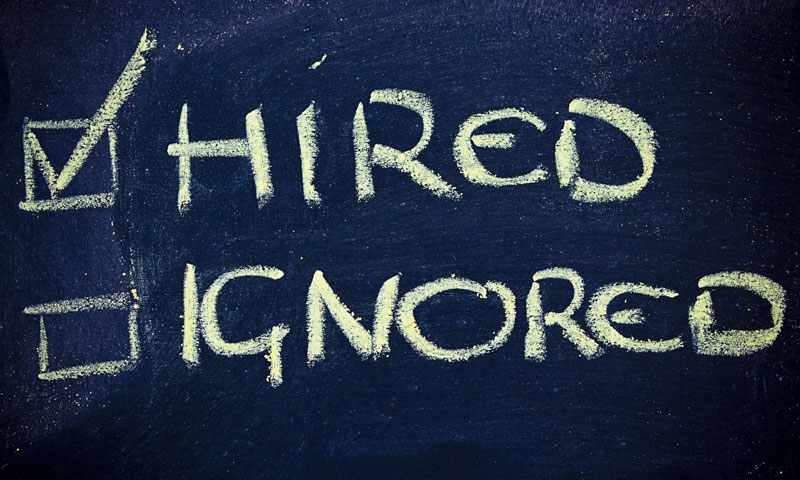US law schools are adopting a new system to identify students struggling with mental health challenges. Initially developed for medical schools, the Early Alert service sends a weekly text message to students asking them to rate how they feel about a specific topic, with questions ranging from academics and personal relationships to sleep quality and financial stability. Students respond on a scale of one to 10, with answers in the mid-to-low range triggering a list of available resources, outreach by a law school staff member, an automatic call from a crisis counselor, or all three.
At least five US law schools have adopted the Early Alert system, which is now used by 35 institutions, including the law schools at Pepperdine University, Roger Williams University, Wayne State University, the University of Maryland, and the University of Detroit Mercy. Schools pay around $5,000 annually for the opt-in service, which has had a “substantive impact” on student mental health, according to Chalak Richards, dean of students, Diversity and Belonging, at Pepperdine University Caruso School of Law.
Richards said that the Early Alert service had enabled her to respond to students in need more quickly without waiting for faculty members to notice any changes in behavior. Around 89% of first-year students at Pepperdine have opted into the service, and 80% of law students at Roger Williams are participating, according to Lorraine Lalli, associate dean of student life and operations at Roger Williams.
Law schools have long maintained wellness programs, offering resources such as on-campus counselors, mindfulness classes, yoga, and another mental health programming. However, a 2021 survey of law students at 39 schools found that almost 69% of respondents had needed help for emotional or mental health problems in the past year, up from 42% in the 2014 version of the same survey. Lawyers’ mental health challenges often persist after graduation, with a recent study finding that attorneys are twice as likely as other working US adults to have suicidal thoughts.
Take your legal career to the next level with BCG Attorney Search. Search jobs now!
Early Alert, a Delaware-based for-profit company founded in 2018, said that the service had been adopted by 35 institutions, including universities, colleges, and law schools. Law schools cannot see the content of individual responses but are alerted if a student responds to a prompt with a rating of 0-3. The service also provides aggregate data to schools about student responses, which can help guide programming.
While the Early Alert service is not a solution to the mental health challenges faced by law students and lawyers, Lalli said that it was one of several tools that could be helpful. Every student Richards had reached out to had been “exceptionally grateful for the contact,” she added.
Adopting the Early Alert service by US law schools is a positive step towards addressing the mental health challenges law students face. With the increasing need for mental health support among law students and lawyers, such tools are becoming essential in providing timely assistance to those in need. While the Early Alert service is not a panacea for the underlying issues, it is a valuable tool for schools to identify and provide resources for struggling students. The positive response from students at schools that have implemented the service underscores its potential to make a real difference in the lives of law students. With continued attention and investment in mental health support, we hope to see an improvement in the well-being of law students and legal professionals.















































